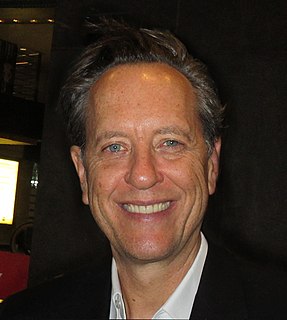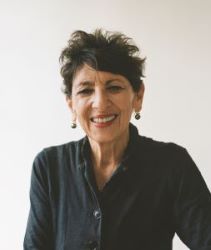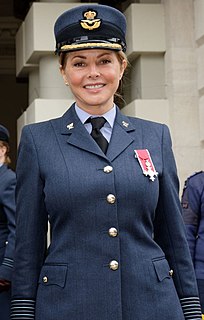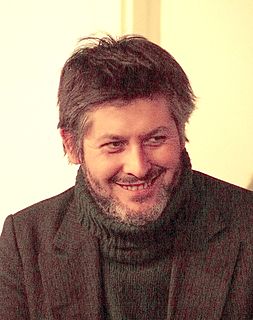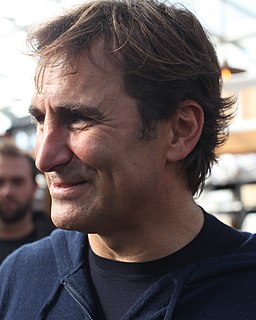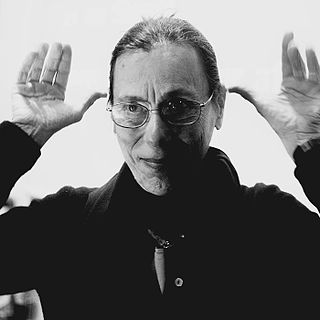A Quote by Richard E. Grant
Time and time again I was told that I would never make the film on time and never make it on budget. That kind of criticism tends to turn me into a great big motor of efficiency.
Related Quotes
I once heard a sober alcoholic say that drinking never made him happy, but it made him feel like he was going to be happy in about fifteen minutes. That was exactly it, and I couldn't understand why the happiness never came, couldn't see the flaw in my thinking, couldn't see that alcohol kept me trapped in a world of illusion, procrastination, paralysis. I lived always in the future, never in the present. Next time, next time! Next time I drank it would be different, next time it would make me feel good again.
If you go into a forest of film stories, you never can get right through the forest straight ahead; you always have to make some U-turns or whatever, because there's some trees in the way. And that's what I'm doing. Sometimes, as an actor, if you make only these intellectual, wonderful films, which I love, from time to time you have to make a film like Armageddon so people see that you're still around.
If I ever thought of directing again, I mean - I don't know, even the idea of directing a film is a strange one for me, because I feel kind of anti mathematics in a way in that sense. Anti - I don't like when things make sense, I prefer if they don't, so if I made a film, it wouldn't make any sense and no one would see it. So maybe I'll just make little films at home with my phone, never to be released.
You start out with big dreams and I mean, big dreams artistically. You want to work with the greatest living directors, make a great movie. I wanted to make a great love story, I wanted to make a great epic and then you realize that the truth of it is that it's so hard to make a great film. It's hard to get a great role. Those big expectations change to realism pretty quickly. But what's never changed is my desire to work with great directors and to find projects that push me out of my comfort zone and keep me alive. I still don't think I've done my best work
I should say that feminism gave me permission to deal with my own emotional life and put it up front in certain ways, or use film as a way to examine, at that time, my own heterosexual experience. Lives of Performers was the beginning of that kind of investigation. But also, the film was influenced by the aesthetics and structures of experimental film as that was taking place at the same time. Hollis Frampton was a big influence on me at that time.
